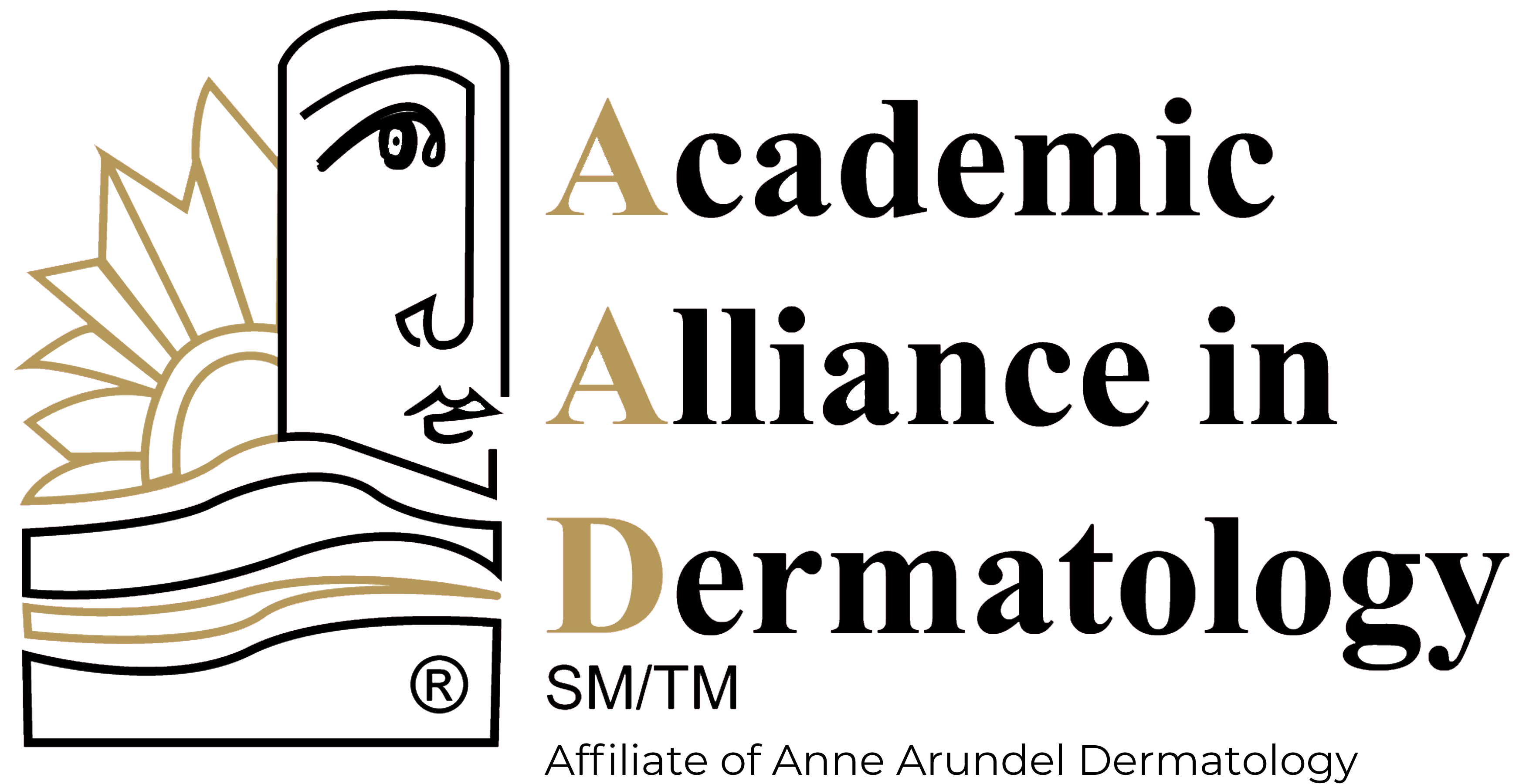Rashes
Rashes can be a frustrating and uncomfortable experience. Identifying the type of rash you have is the first step in understanding how to treat it. Our team of dermatologists will evaluate your skin and provide an accurate diagnosis. From there, we’ll create a personalized treatment plan to help you find relief from your rash.
Types of Rashes
Rashes can be caused by a variety of factors, including infections, allergies, and certain medical conditions. There are many types of rashes, each with its own characteristics and causes. Understanding the different types of rashes can help you identify the cause of your rash and seek the appropriate treatment. Types of rashes include:
Infectious Rashes
Infectious rashes are caused by bacteria, viruses, or other pathogens. This type of rash is highly contagious and may be spread through contact with infected individuals, respiratory droplets, or contaminated surfaces. Common examples of infectious rashes include:
- Chickenpox
- Measles
- Impetigo
- Scarlet fever
- Molluscum contagiosum
If you suspect you or a loved one has an infectious rash, it is crucial to seek medical attention as soon as possible to prevent the spread of the infection. A physician can diagnose the rash and provide advice on managing symptoms and deliver any necessary treatments.
Allergic Rashes
Allergic rashes are caused by a reaction to certain substances, such as food, drugs, or environmental allergens, such as poison ivy. These types of rashes can range in severity and are often characterized by red, itchy skin with hives or bumps. Some common allergic rash triggers include pollen, pet dander, insect stings, latex gloves, and certain medications.
It is important to identify the cause of an allergic rash in order to prevent future reactions. If you are experiencing an allergic rash and are unsure of the cause, we recommend consulting with a dermatologist.
Inflammatory Rashes
Inflammatory rashes are caused by inflammation in the skin. These types of rashes can be triggered by a variety of factors, including infections, allergies, and certain medical conditions. Common examples of inflammatory rashes include:
- Eczema: Eczema is a chronic condition that causes the skin to become red, itchy, and inflamed. It can affect any part of the body but is most commonly seen on the face, hands, and feet
- Psoriasis: Psoriasis is a long-term skin condition characterized by itchy, red patches of thickened, inflamed skin covered with silvery scales. Psoriasis has the ability to spread throughout any part of the body. However, it is most visible on the scalp, elbows, and knees.
- Dermatitis: Dermatitis is a general term that refers to inflammation of the skin. There are several different types of dermatitis, including contact dermatitis (caused by contact with an irritant), atopic dermatitis (a chronic, genetic skin condition), and seborrheic dermatitis (a common form of dermatitis that affects the scalp).
Heat Rashes
A heat rash, also known as prickly heat or miliaria, is a skin irritation that is caused by blocked sweat glands. This may occur when the body’s natural cooling mechanism becomes impaired, such as during periods of high humidity or when wearing too much clothing in hot weather. Heat rashes are more common in infants and young children, as their sweat glands are not fully developed and may be more prone to becoming blocked.
Autoimmune Rashes
Autoimmune rashes are caused by the immune system attacking the body’s own tissues. These types of rashes can be triggered by various autoimmune conditions, including lupus, scleroderma, and rheumatoid arthritis.
Autoimmune rashes are often characterized by red, scaly, and inflamed skin. They may affect any part of the body but are most commonly seen on the face, scalp, and hands. In some cases, autoimmune rashes may be accompanied by other symptoms, such as joint pain, fatigue, and fever.
Treatment Options
Treatment options for rashes often depend on the cause. For example, infectious rashes may require a course of antibiotics, while allergic rashes may be treated with antihistamines and topical creams. Our team of experienced dermatologists can provide you with a customized treatment plan to address your rash and help you feel better as quickly as possible.
If you are experiencing a rash that does not improve after self-care at home, contact Academic Alliance in Dermatology for an evaluation. Common treatment options for rashes include:
- Topical creams and ointments
- Oral medications
- Phototherapy
- Immunosuppressive medications
- Antifungal or antibacterial medications
Find Relief with Academic Alliance in Dermatology
Don’t let a rash disrupt your daily life. Our experienced dermatologists will work with you to diagnose the cause of your rash and recommend the appropriate treatment.
With a range of treatment options available, we are confident we can help you find the relief you need. Contact Academic Alliance in Dermatology today to schedule an appointment and start on the path to healthy, rash-free skin.
